Product List
Contact Us
Email:qiao@hvtest.cc
Mobile:+8615871365102
What's app:+8615871365102
-
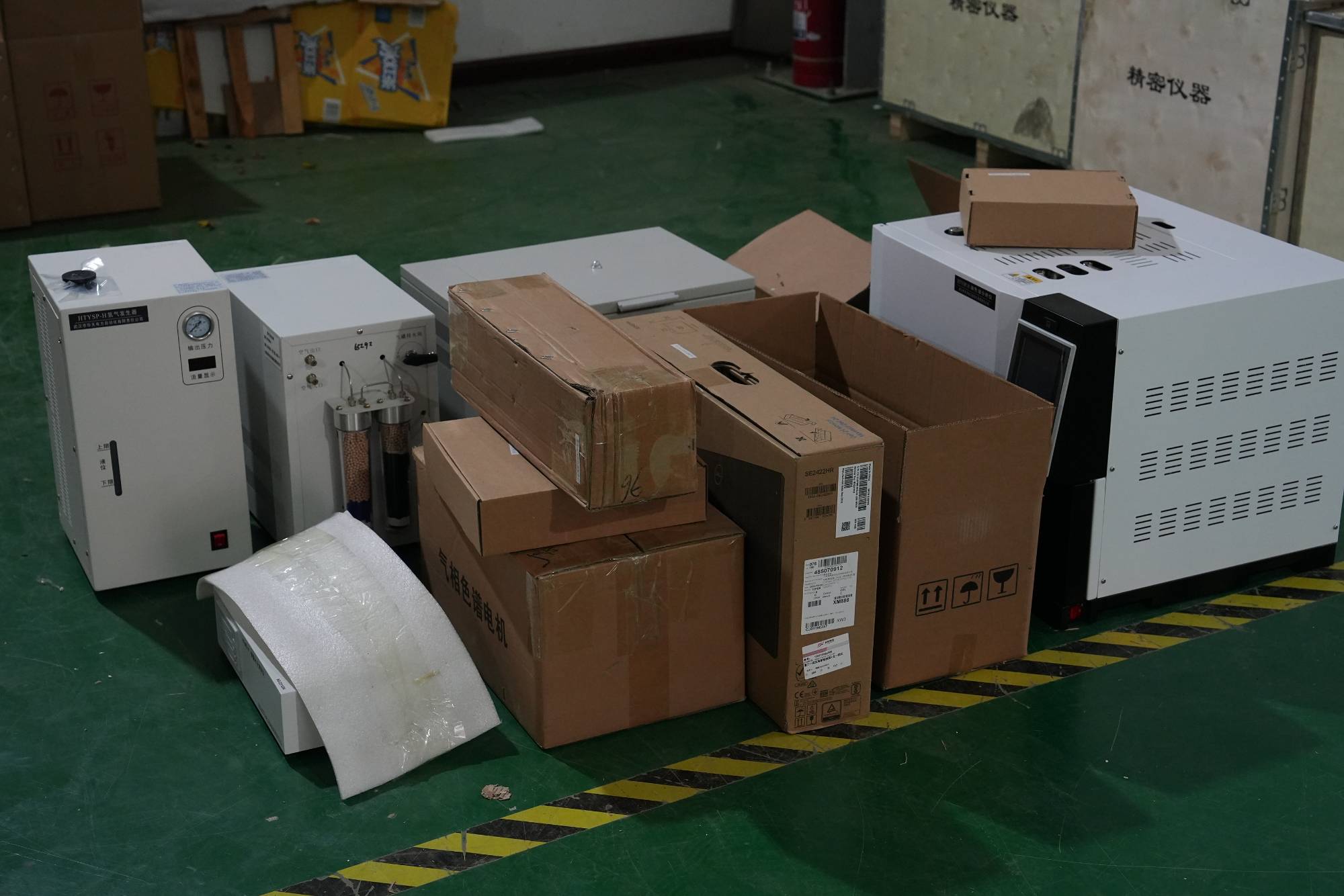
Analysis and Remedial Measures for Common Malfunctions of Chromatography Instruments
2024-11-15The oil chromatography analyzer under UHV power can help many power workers conduct various power tests more conveniently.1、 The principle and application of chromatographic analyzerThe chromatographic analyzer mainly detects the characteristic information of different components contained in natural gas, in order to obtain accurate natural gas component content. In practical applications, the chromatograph will perform multiple adsorption and desorption operations, analyze the time of appearance of the chromatogram, and record the content of components in the backend system to meet the requirements of natural gas component detection.2、 Analysis and Remedial Measures for Common Malfunctions of Chromatography Analyzer(1) Airway pollution. Chromatography equipment is prone to gas path pollution in daily work. The main reason is that natural gas contains high concentrations of impurity gases. The content of impurity gases can be visually observed through charts. The main reasons for the p
MORE -
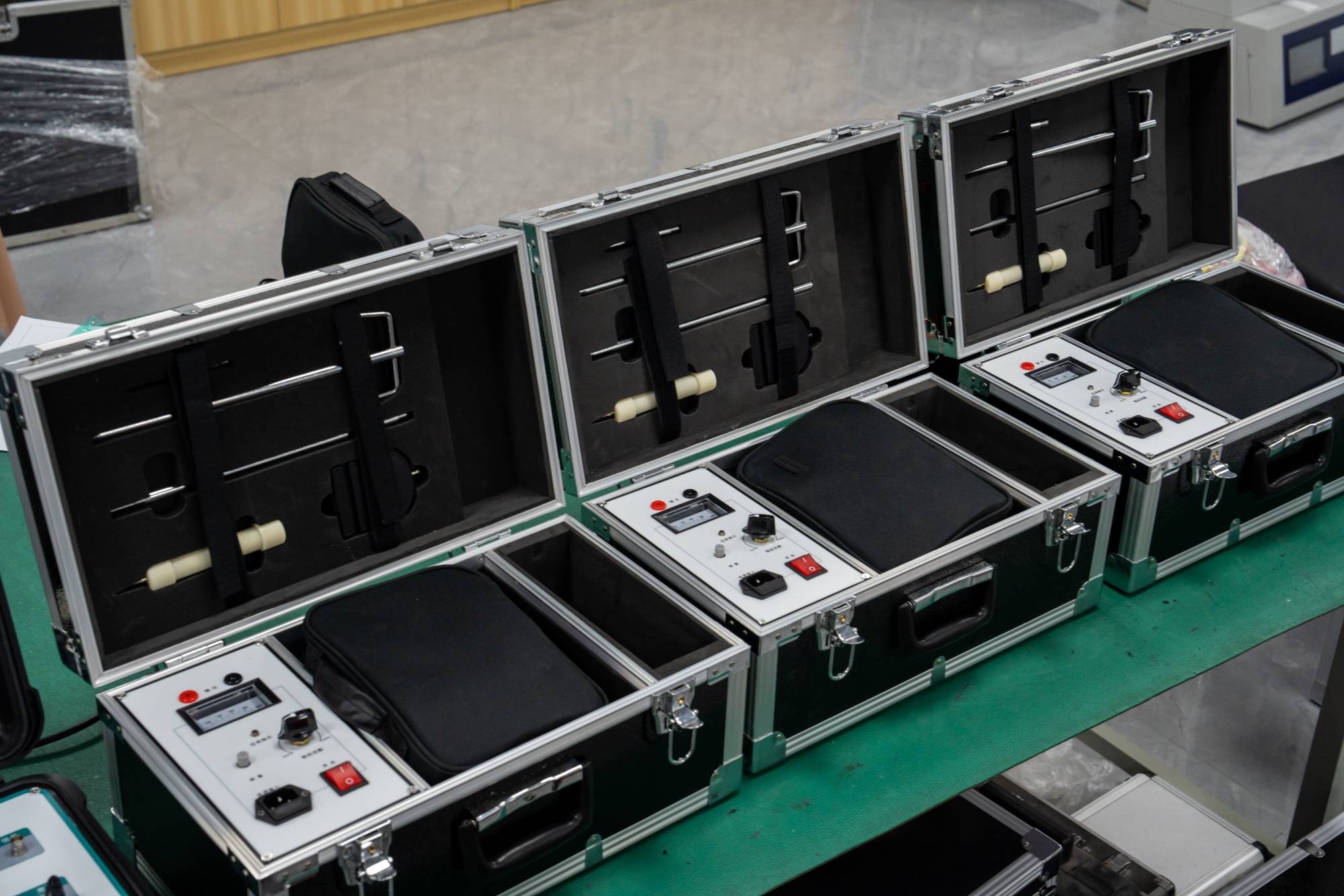
Analysis of Cable Faults
2024-11-14The cable fault tester under UHV power can help many power workers conduct various power tests more conveniently.In our era, when many enterprises adopt structured network cabling, cable failures may raise concerns. With the development of cables and their functions, more and more components and names increase the likelihood of cable failures.When discussing cable faults, many issues may arise. What are the potential causes or cable faults, and can they be eliminated or even completely avoided? What are the possible consequences of cable failure? Can they be repaired?Network cables are made of stranded copper wires (the most common), which conduct electrical and data based currents and transmit signals from one end to the other. The twisted wire is shielded by a plastic sheath.Faulty cables may not always be easy to diagnose. Bent or folded cables do not always affect signals or cause interference or noise. Cable design is used for signal penetration through complex structural designs,
MORE -
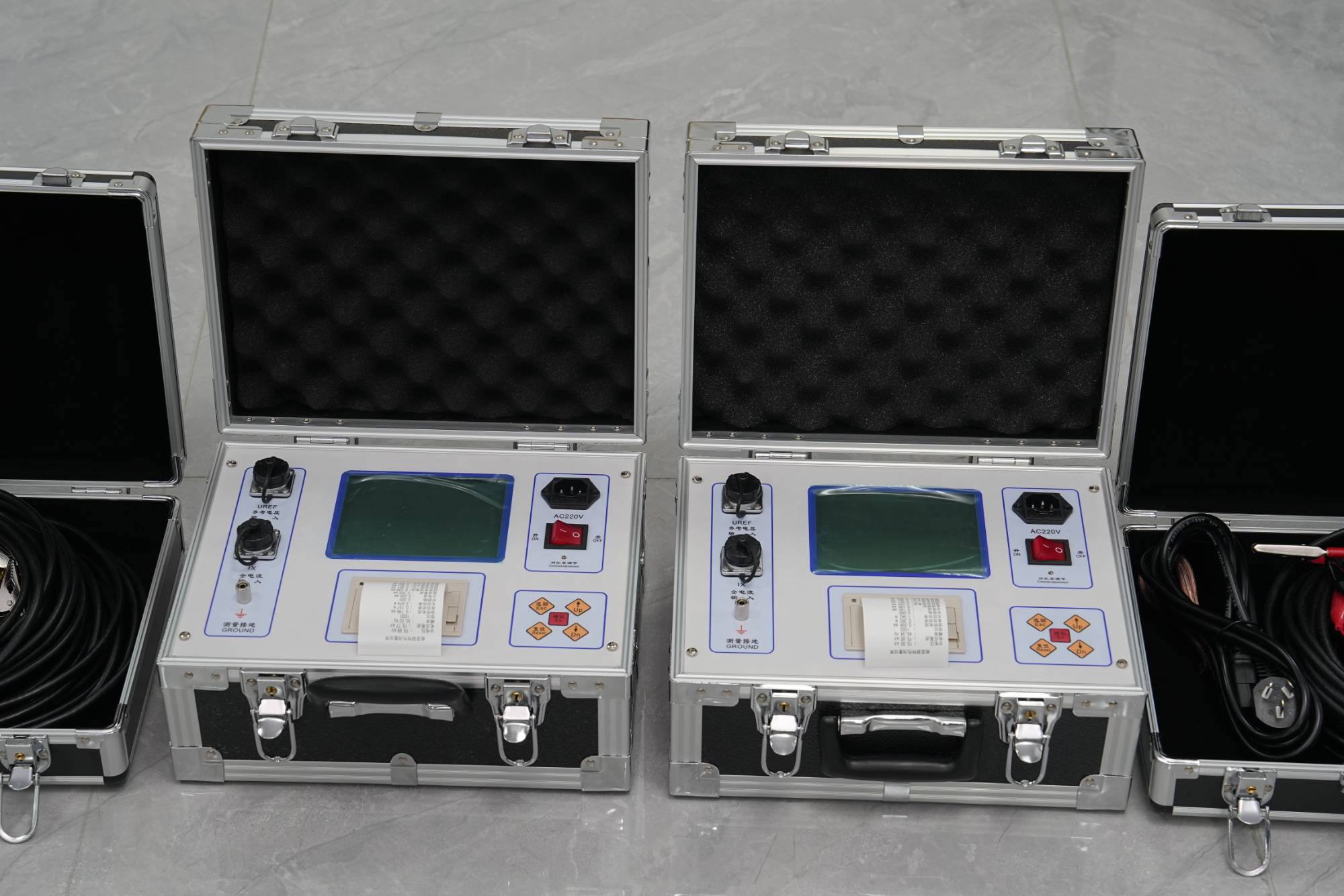
The importance of fault detection and prevention of zinc oxide lightning arrester
2024-11-13The zinc oxide lightning arrester tester under UHV power can help many power workers conduct various power tests more conveniently.Zinc oxide lightning arrester is a widely used equipment below 1000kV.It is a common lightning protection device mainly used to prevent damage to electrical equipment in substations caused by lightning waves. It not only has the best nonlinear volt ampere characteristics, but also has low cost, no gap, no freewheeling, high current carrying capacity, and stable performance. However, sometimes accidents such as malfunctions and explosions may occur.The common cause of malfunction is mainly due to poor sealing.Reason analysis: Poor sealing of zinc oxide lightning arrester is mainly caused during the production process of the product. For example, the valve plate of the zinc oxide lightning arrester is not completely dry and contains moisture. Or during the assembly process, the sealing gasket of the lightning arrester may be placed improperly or even not inst
MORE -
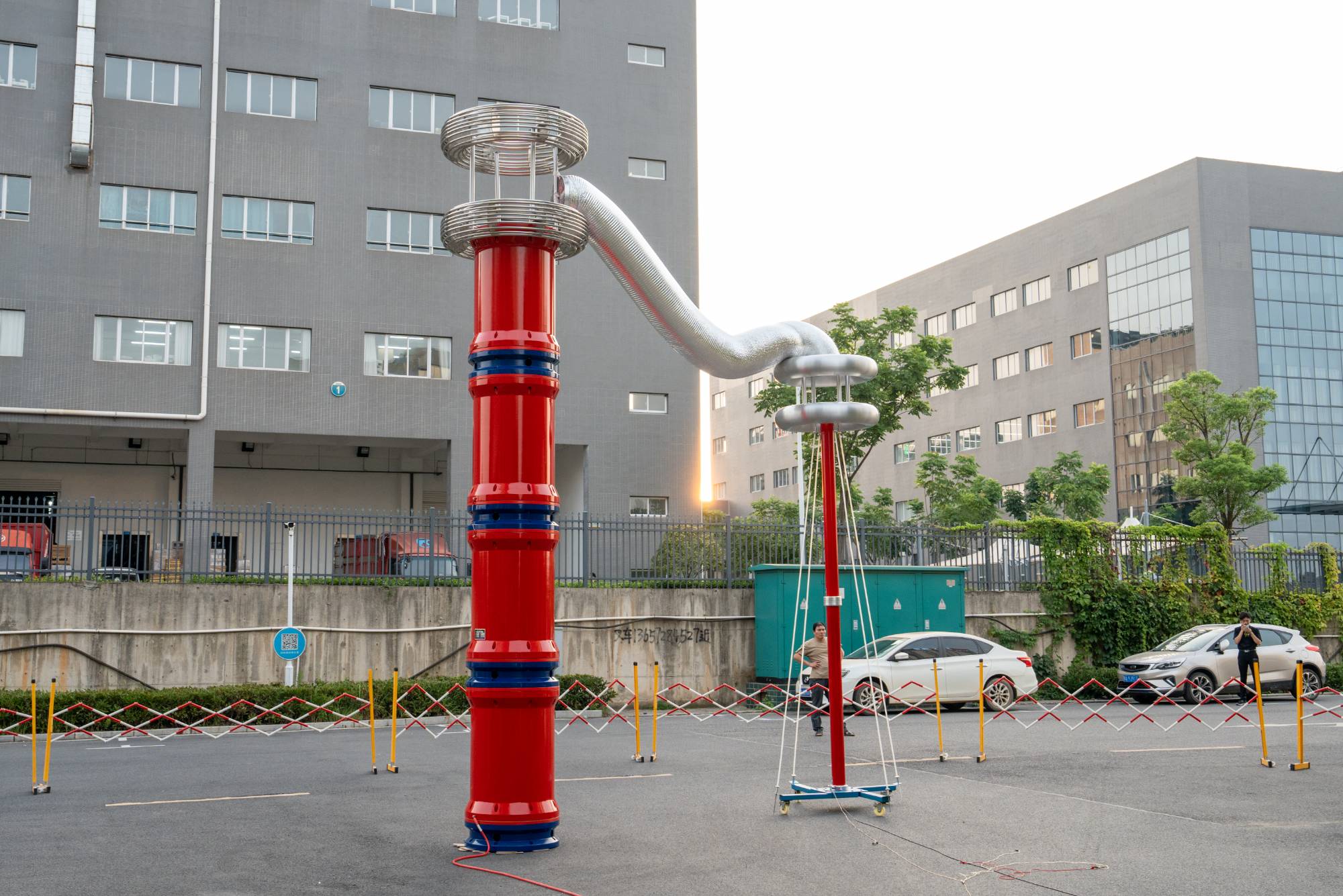
What is series resonance? A brief analysis
2024-11-13The series resonance under UHV power can help many power workers conduct various power tests more conveniently.Definition of series resonanceIn an AC circuit containing resistor, inductor, and capacitor elements in series, when the power supply voltage U is in phase with the circuit current I, it is called resonance. Since the elements are connected in series, it is called series resonance.Circuit current: l=U/Z Circuit equivalent impedance: Z=R+J (XL-XC)According to the definition of series resonance, when a circuit resonates, the circuit current 1 is in phase with the power supply voltage U. According to the basic knowledge of electrical engineering, only when the AC circuit load is purely resistive, the power supply voltage and current are in phase.As can be seen from the above, circuit resonance has the following obvious characteristics:(1) The equivalent impedance of the circuit reaches its minimum value and is equal to the resistance component, Z=R.(2) The equivalent reactance co
MORE -
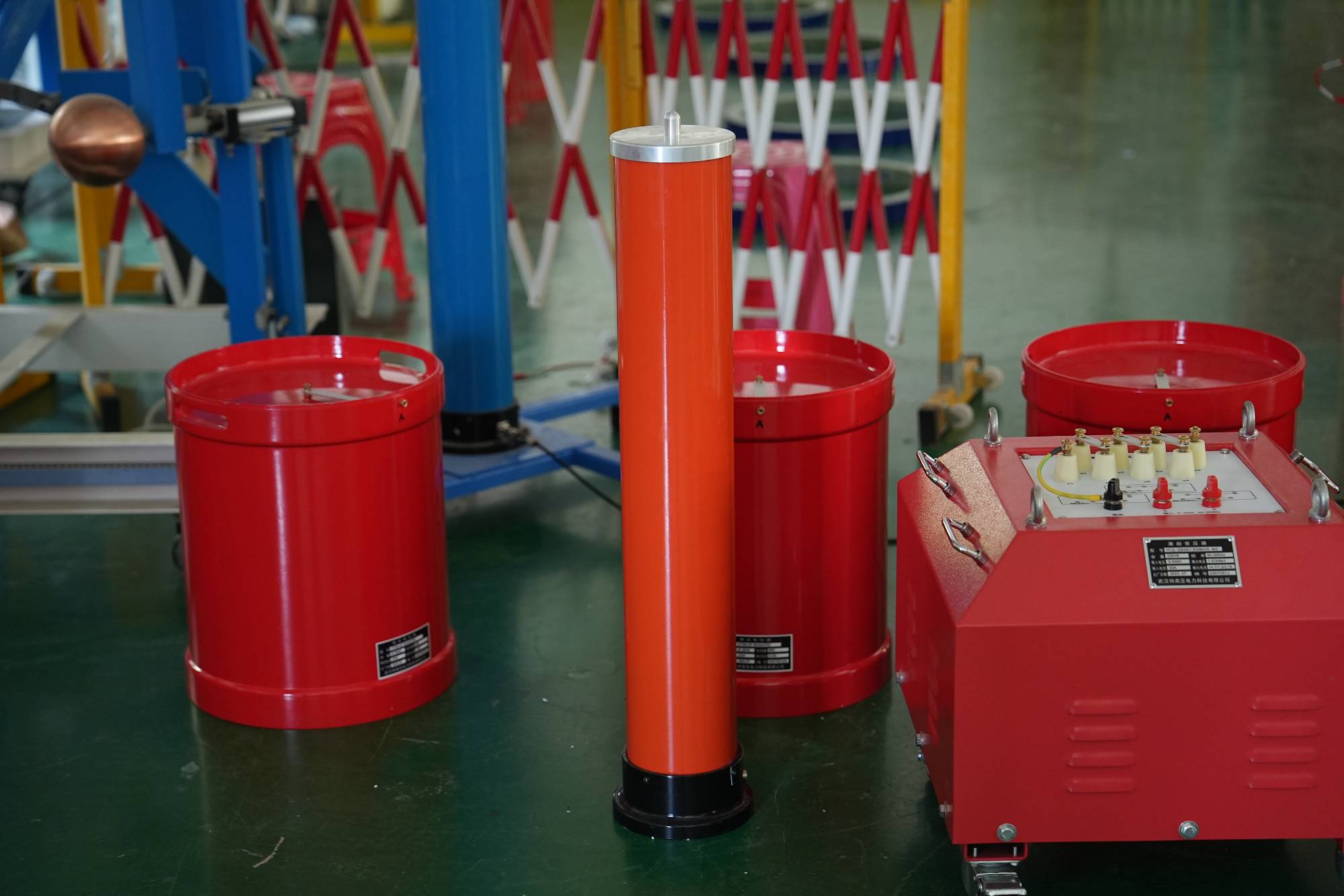
Principle of the complete set of equipment for frequency conversion series resonance test
2024-11-12The series resonance under UHV power can help many power workers conduct various power tests more conveniently.The principle of the complete set of frequency conversion series resonance test equipmentAccording to the principle of series resonance and the output characteristics of the excitation transformer, the series resonance circuit was excited. By adjusting the output frequency of the frequency converter controller, resonance occurs between the inductance L in the circuit and the test object C. Resonance voltage is the voltage applied to the test object.Test object of the complete set of frequency conversion series resonance test equipmentThe complete set of frequency conversion series resonance test equipment is the most effective method for on-site inspection of the quality of cross-linked cable laying and accessory installation, which can meet the AC withstand voltage requirements of 10kV-500kV high-voltage cross-linked cable series parallel reactors on site.Principle analysis o
MORE -
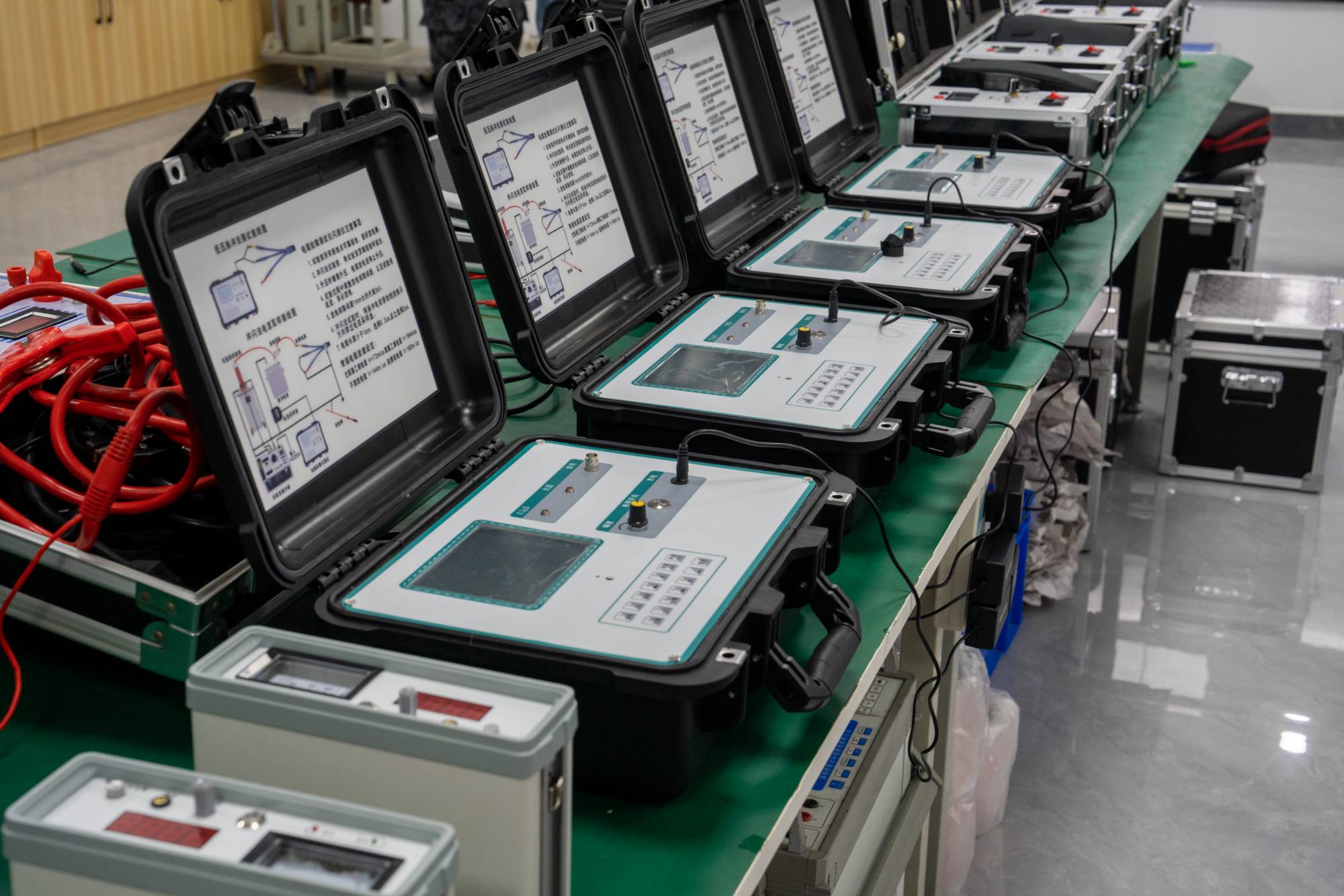
Cable fault location technology and its advantages and disadvantages
2024-11-12The cable fault tester under UHV power can help many power workers conduct various power tests more conveniently.Although there are many fault location techniques and considerable tools to help solve underground cable faults, cable fault location can be very challenging. Most of these issues are due to technicians not interpreting the test results correctly and choosing the wrong tools for the task at hand, ultimately wasting a lot of time because shortcuts were taken in the process. The challenge of locating underground faults can be significantly reduced by understanding the available equipment and technologies. Education and experience in cable fault location will help to correct and improve the interpretation of results, and will certainly aid in selecting which equipment and technology are most suitable for specific tasks. However, only a high level of awareness can correct the waste of time provided through shortcuts.In the following article, we will discuss various cable fault l
MORE -
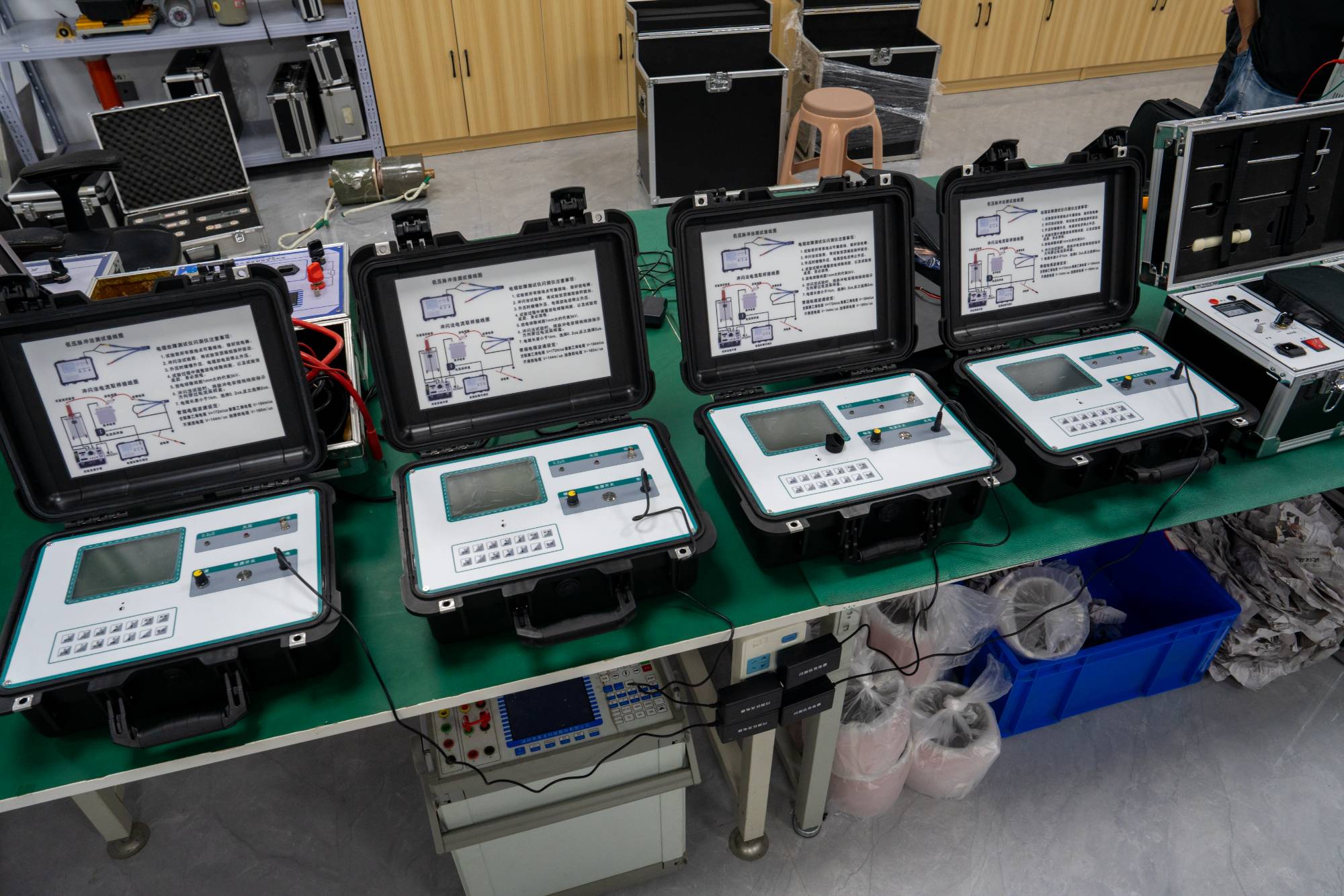
What are the applications of cable fault testers?
2024-11-11The cable fault tester under UHV power can help many power workers conduct various power tests more conveniently.In recent years, with the continuous development of society, computer technology and electronic technology have also become increasingly prosperous. We have briefly introduced the cable fault identification device in previous articles, so we will not elaborate on it here. Today, the editor will continue to follow the relevant knowledge of cable fault testers. Interested friends should not miss it.In recent years, with the development of electronic and computer technology, the functions of cable fault testers have become more diverse, and their reliability and lifespan have also been improved to a certain extent. And today, its development has presented new highlights.1、 The addition of new intelligent modules in cable fault testing: new sensors such as fiber optic sensors, polymer sensors, and biosensors continue to emerge and will experience rapid development.2、 The emergen
MORE -
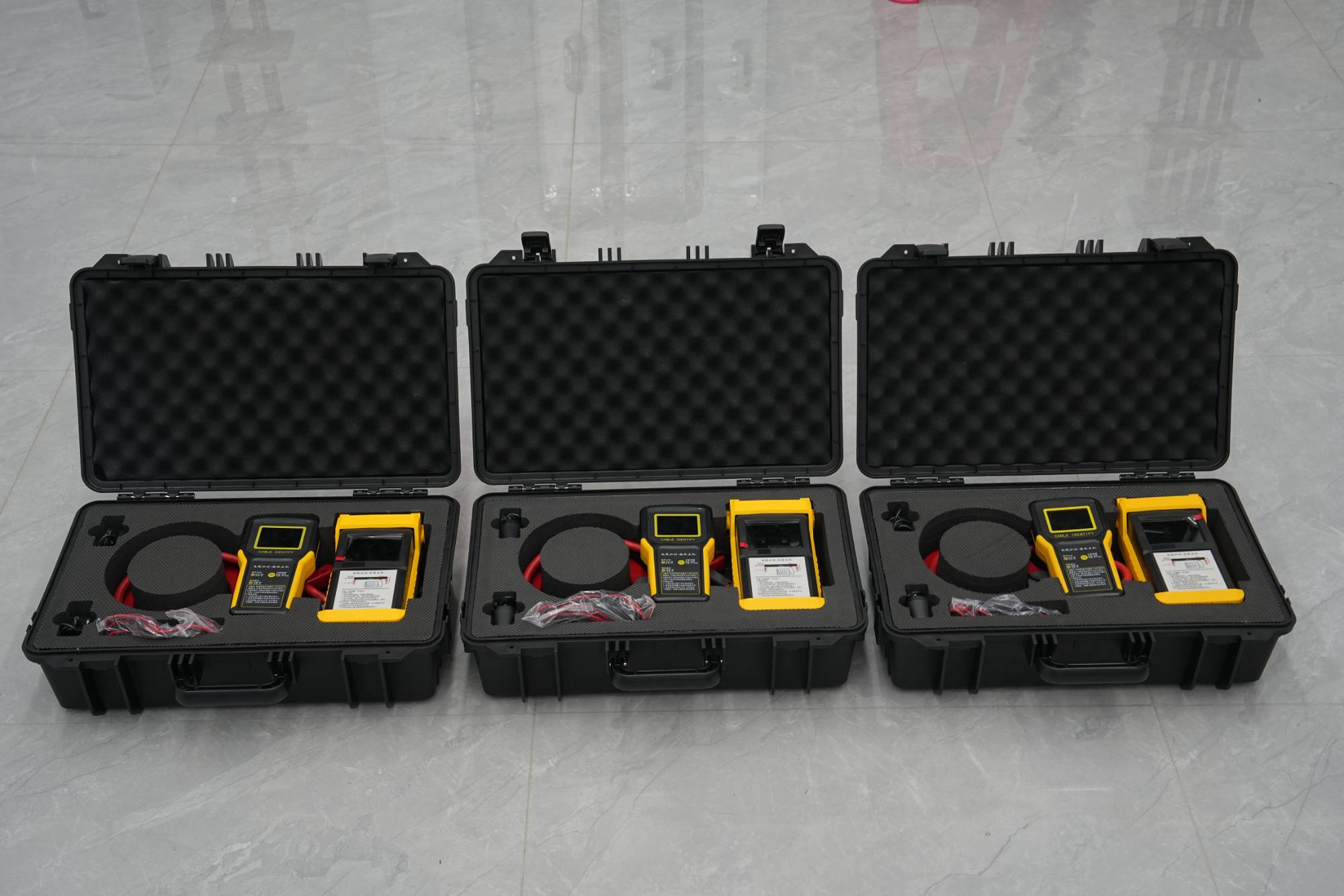
Introduction to the search method of cable identification instrument
2024-11-08The live cable identification device under UHV power can help many power workers conduct various power tests more conveniently.Cable identification devices are generally used to identify cables from a bundle of cables. It consists of a signal generator, a receiver with sensors, and wiring. It is a commonly used equipment for cable installation, migration, maintenance, and troubleshooting. According to usage conditions, cable identifiers can be divided into live cable identifiers and non live cable identifiers. Let's talk about their respective search and usage methods.Search method for live cable identification instrumentWhen the line is live, we cannot affect normal operation. When identifying cables with points, induction method is used for measurement. High frequency signals are transmitted through calipers, and the receiver receives the signal characteristics and filters them through software and hardware before performing phase recognition. When the receiving calipers clamp th
MORE -
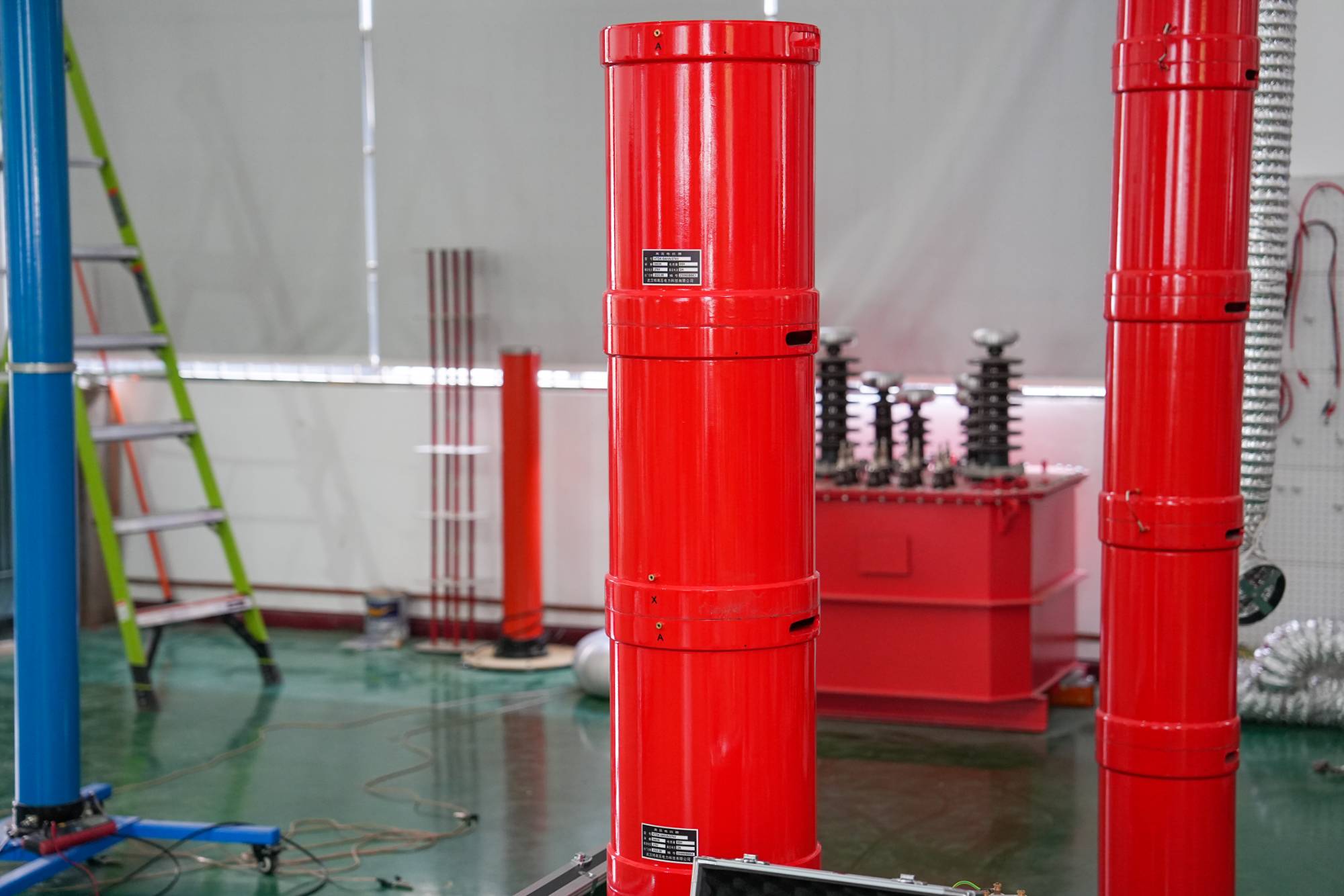
Advantages and precautions of series resonant devices
2024-11-08The series resonance under UHV power can help many power workers conduct various power tests more conveniently.Precautions to be taken when using a variable frequency series resonant device:1. The variable frequency series resonant device is a high-voltage experimental equipment that requires the use of high-voltage experimental professionals. Before use, carefully read the instructions and repeat the operation practice.2. There should be no less than 2 operators. The safety operating procedures for high-voltage testing should be strictly followed during operation.3. In order to ensure the safety and accuracy of the experiment, it is not only necessary to understand the specifications of the product, but also to strictly follow the relevant national standards and regulations for the experiment.4. Each connecting wire must not be misconnected, especially the ground wire. Otherwise, it may cause damage to the equipment.5. When using this device, the output voltage is high voltage or ultr
MORE -
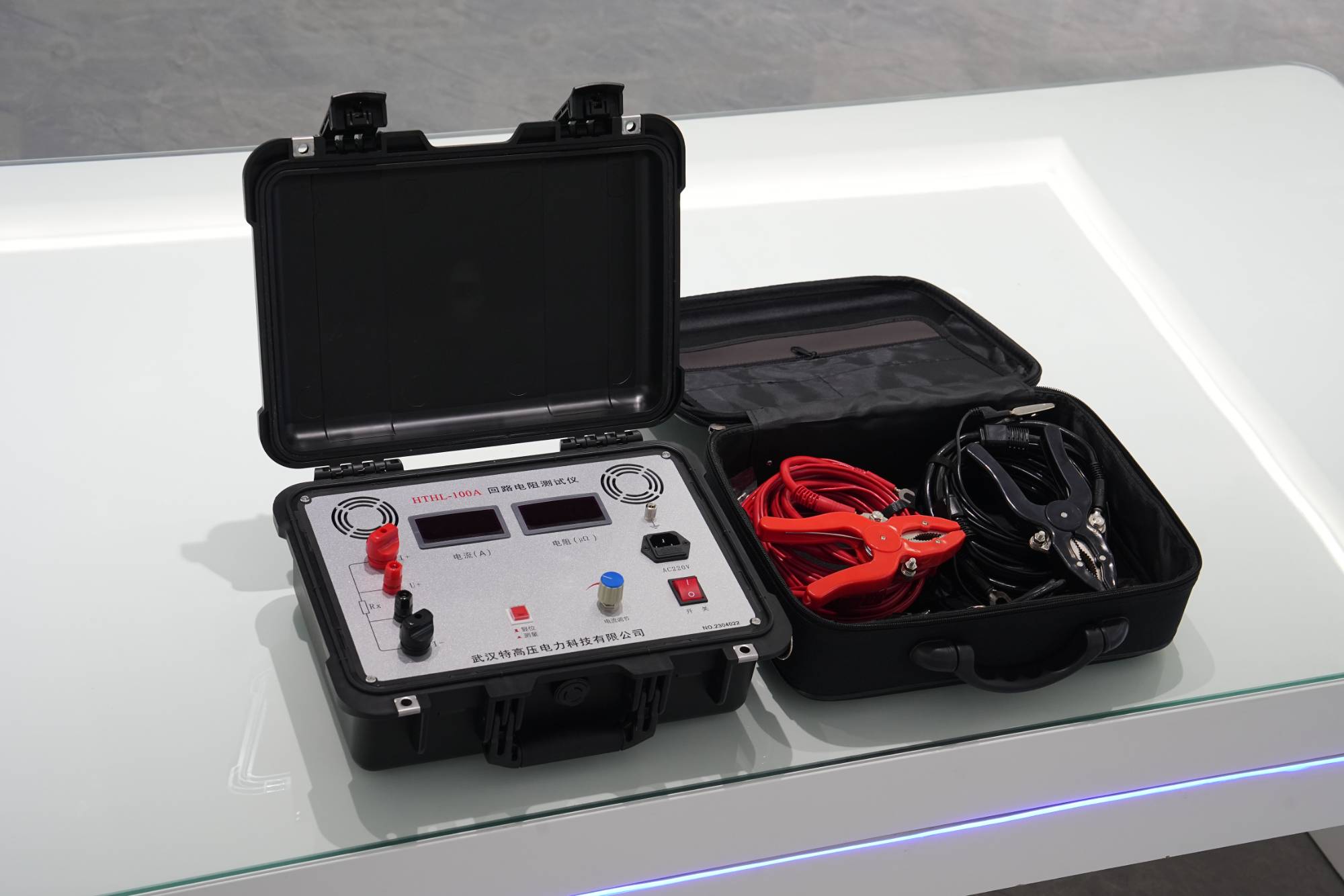
What are the parameters and how to use the circuit resistance tester?
2024-11-07The circuit resistance tester under UHV power can help many power workers conduct various power tests more conveniently.High voltage circuit breakers increase circuit resistance due to oxidation of contact surfaces and poor contact fastening. When a large current flows, the temperature at the contact point increases, accelerating the oxidation of the contact surface and further increasing the contact resistance. The accident is serious and requires frequent or regular measurement of contact resistance. The "circuit resistance tester" is suitable for testing the contact resistance of the main contacts of high and low voltage switches. The resistance test of various switchgear conductive circuits should not be less than 100A. There are currently three main types of "circuit resistance testers" on the market:① The output current of the "circuit resistance tester" is 100A, with a range of 1999 μ Ω and a resolution of 1 μ Ω. This "circuit resistance tester" is widely used in the market and
MORE -
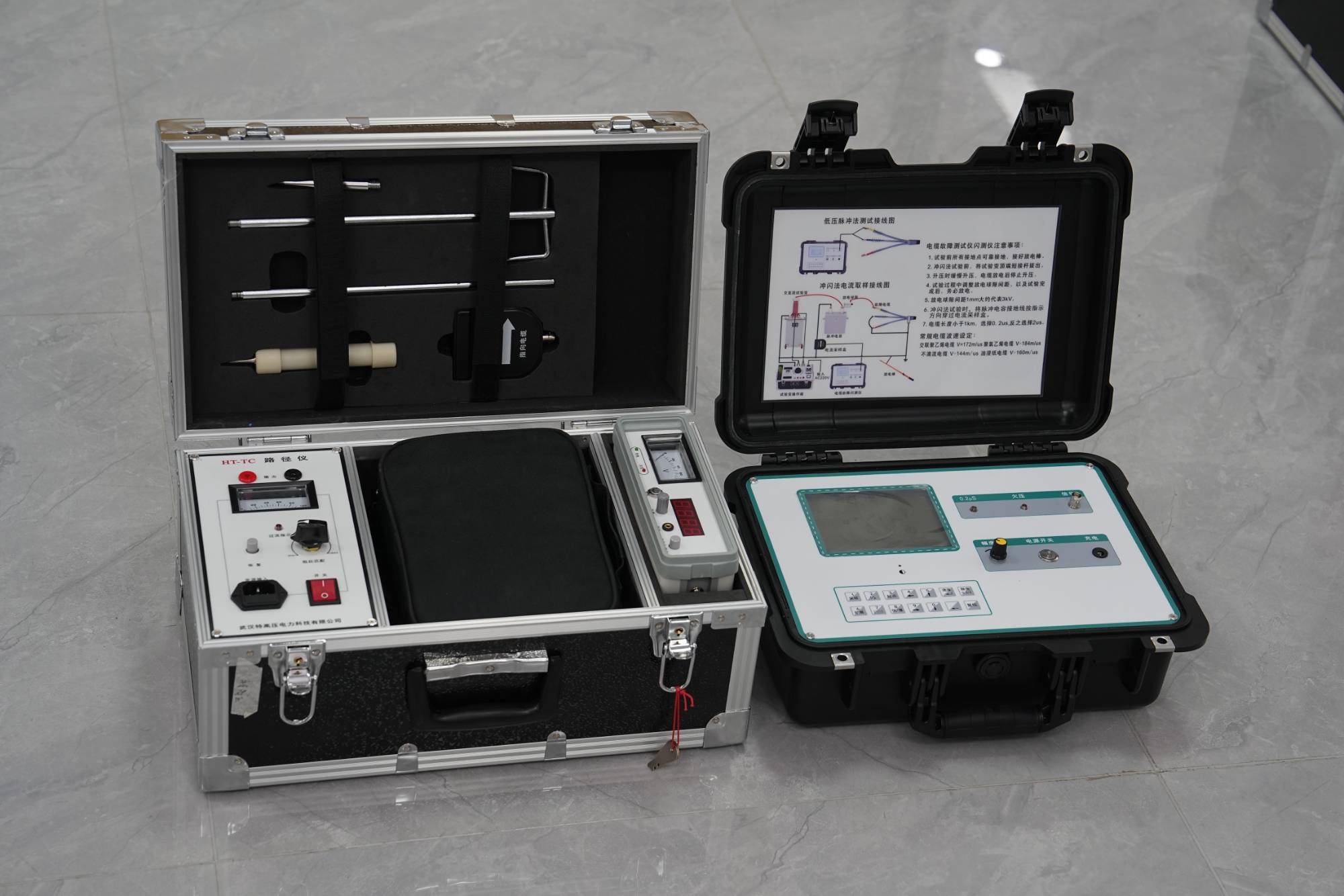
How to operate the cable fault tester correctly?
2024-11-06The cable fault tester under UHV power can help many power workers conduct various power tests more conveniently.Electrical workers use intelligent cable fault testers to test faults, which are very convenient and accurately located within one meter. No need to excavate the road surface multiple times, which can save a lot of manpower, material resources, and financial resources, while also saving maintenance costs. To help everyone better use the cable fault tester, here the editor will share some relevant suggestions with you.After we receive the cable fault tester, it should perform a self check. Firstly, insert the headphones into the calibration device, turn on the power switch, and the power indicator light will turn on, indicating that it has entered the working state. When putting on the headphones and holding down the red terminal with your fingers, you should hear a buzzing sound inside the headphones, indicating that the device is working properly. Then insert the red and bl
MORE -
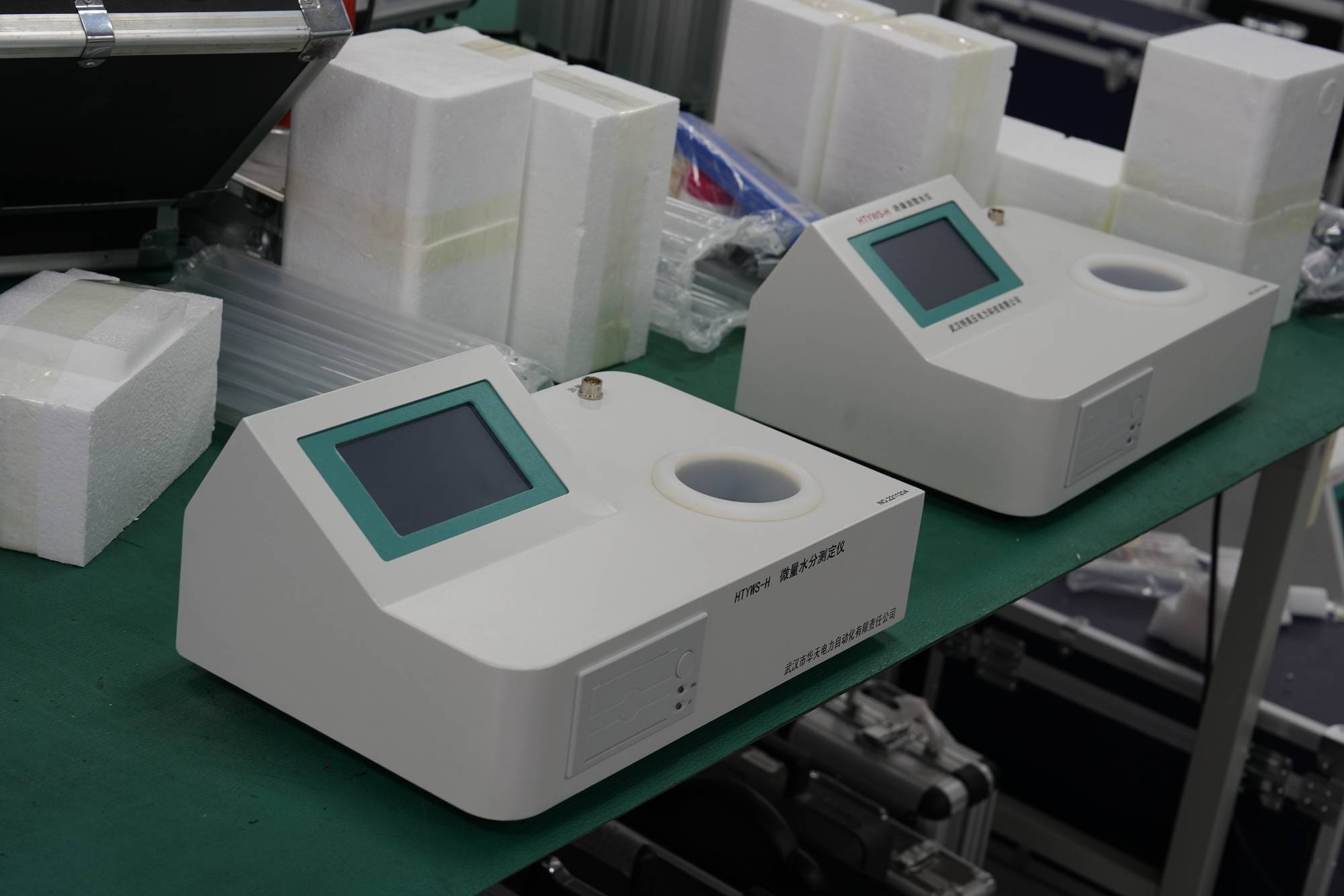
What is the operating process of Karl Fischer moisture analyzer?
2024-11-06The trace moisture analyzer under UHV power can help many power workers conduct various power tests more conveniently.There are many things to pay attention to when operating a Karl Fischer moisture analyzer. And especially its operating procedures must be strictly followed in order to achieve the accuracy and goals of the experiment. What are the procedures for operating the Karl Fischer moisture analyzer?1. Addition of titrantInstall the inlet tube, molecular sieve drying tube, and specialized bottle cap onto the reagent bottle to connect the equipment. Press the "Clean" button on the keyboard to enter the number of times and volume. Press the "Start" button to start cleaning the burette, filling the entire inlet and outlet tubes with reagents. It is recommended to cycle the burette repeatedly before starting the experiment every day to maintain consistent concentration in the reagent bottle and titration tube (usually set to 10ml three times, the number of times and volume can be re
MORE -
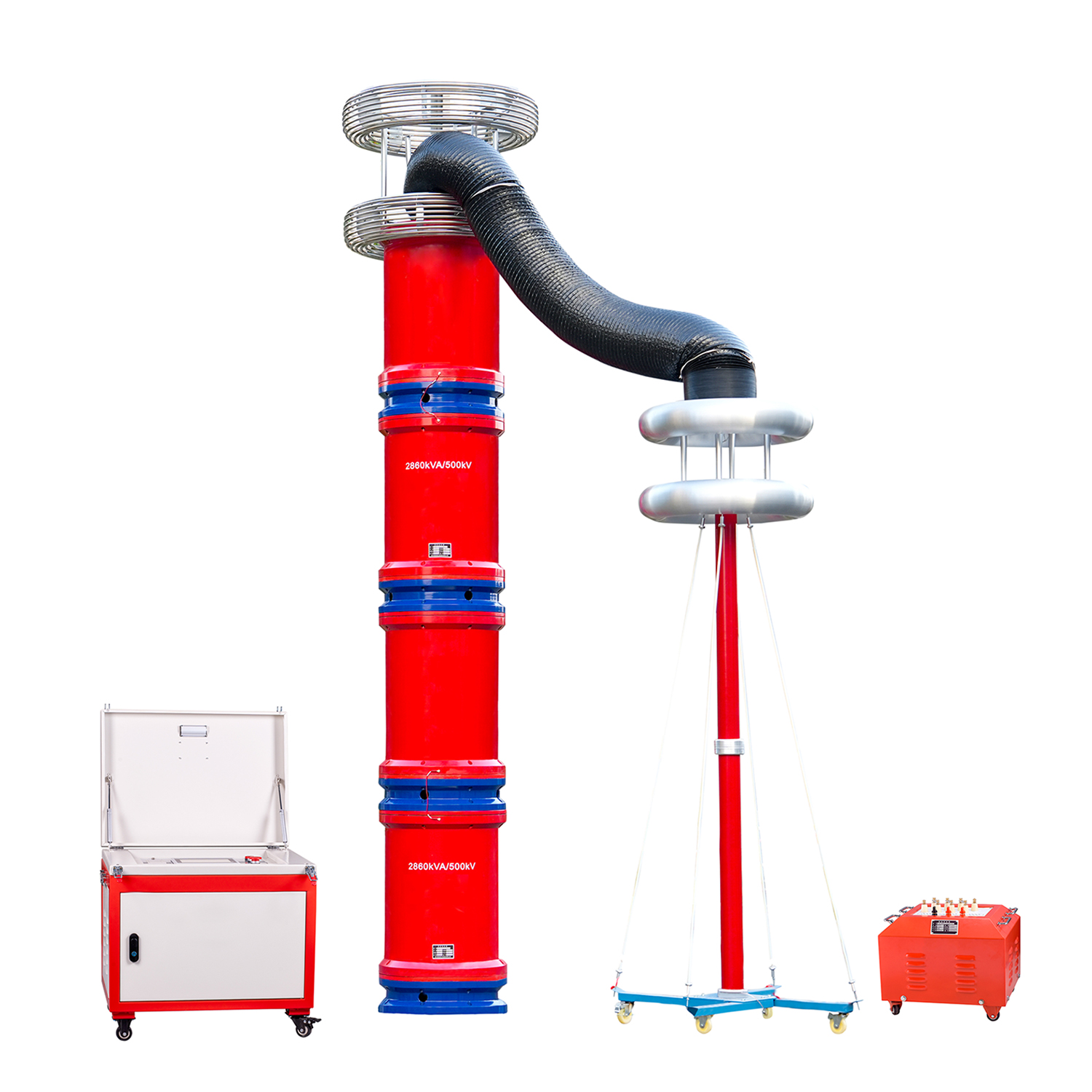
What are the characteristics of resonant circuits?
2024-11-05The series resonance under UHV power can help many power workers conduct various power tests more conveniently.When a series circuit resonates in practical applications, it is necessary to consider both the selectivity of the circuit and the ability of the circuit to allow signals to pass through within a certain range. So what exactly is a series resonant circuit? What are the characteristics of a series resonant circuit? Below is an analysis for everyone.1. Series resonant circuitIn an AC circuit with resistor R, inductor L, and capacitor C components, the voltage at both ends of the circuit is generally different in phase from the current in it. If the parameters or power frequency of circuit components (L or C) are adjusted, they can be made to have the same phase, and the entire circuit appears purely resistive. When a circuit reaches this state, it is called resonance. In the resonant state, the total impedance of the circuit reaches or approximates its maximum value. There are t
MORE -
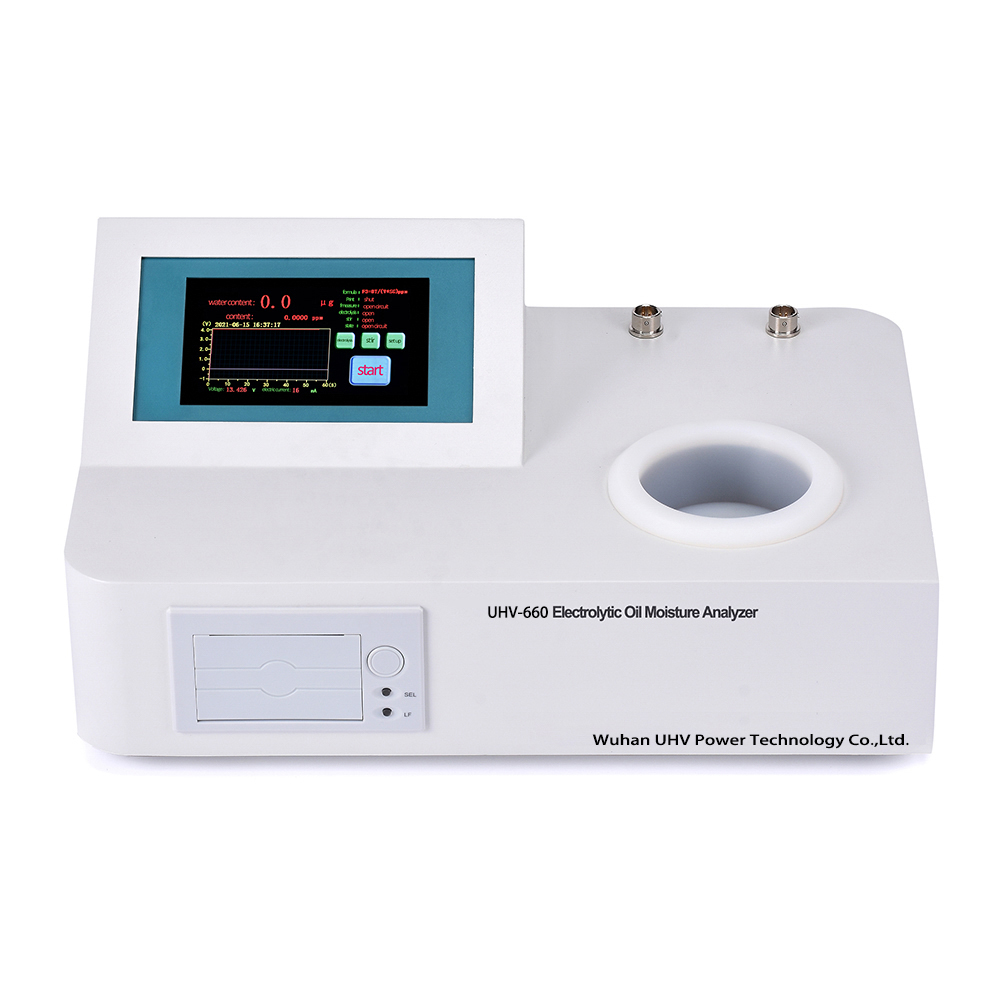
Sampling accuracy of Karl Fischer moisture analyzer
2024-11-04The trace moisture analyzer under UHV power can help many power workers conduct various power tests more conveniently.The Karl Fischer moisture analyzer is suitable for determining the moisture content in various organic and inorganic substances. What aspects should be paid attention to when using?1、 Testing of organic and inorganic compoundsThe Karl Fischer method is suitable for determining the water content in many inorganic and organic compounds.Due to the difference in properties of compounds, they can be divided into two categories: those that can be directly measured and those that cannot. Therefore, it is requested that analysts first consider which category a certain compound belongs to when determining its water content. If it is the latter and direct determination is chosen, significant measurement errors will occur or the basis cannot be determined.If water in compounds that cannot be directly measured is to be measured, appropriate methods must be used to eliminate various
MORE -
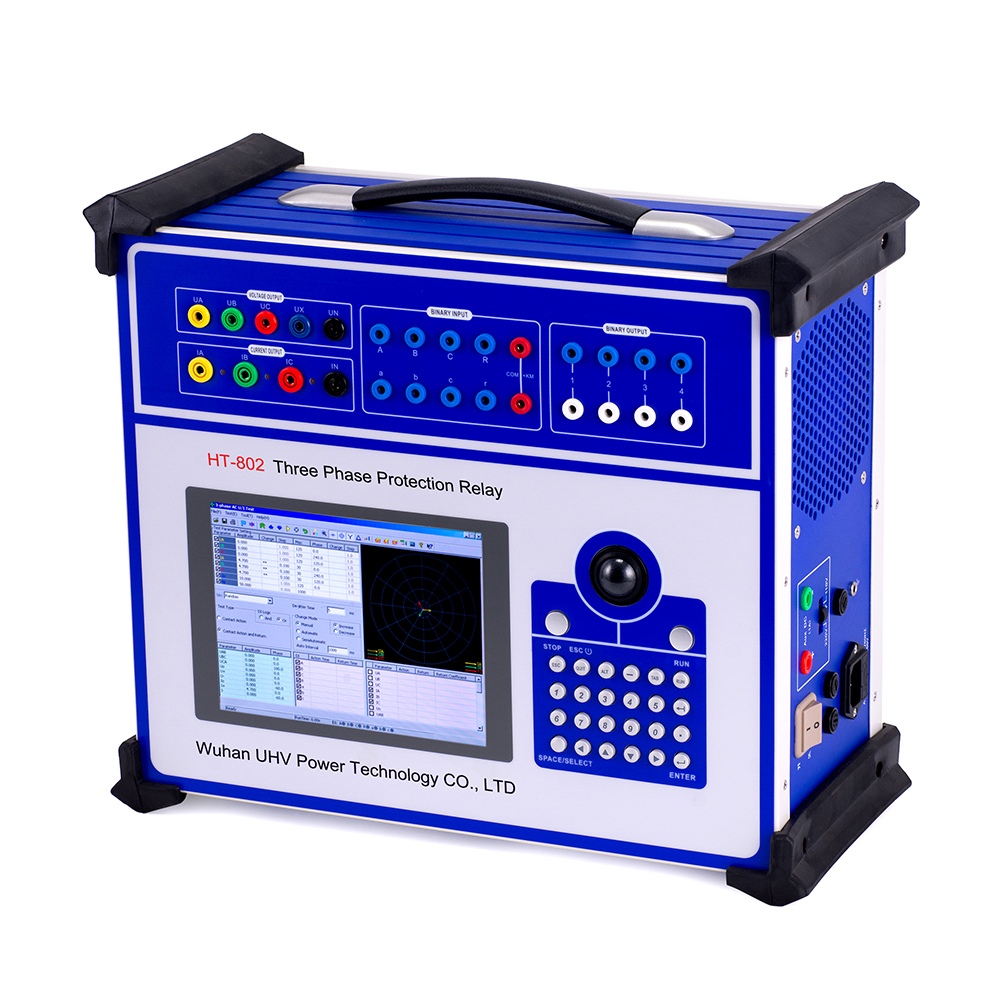
Scope of requirements for microcomputer relay protection tester
2024-11-04The relay protection tester under UHV power can help many power workers conduct various power tests more conveniently.Microcomputer relay protection has been widely used in various fields such as line protection, differential protection, primary transformer, excitation control, etc. Integrated automation of substations has become mainstream. Relay protection tester is an important testing tool for ensuring the safe and reliable operation of power systems. With the rapid development of computer technology, microelectronics technology, and power electronics technology, continuously introducing the latest technological achievements of new high-performance relay protection test devices is an inevitable trend of technological progress.The full name of the microcomputer relay protection tester is: microcomputer relay protection calibrator, microcomputer continuous protection, relay protection tester, three-phase relay protection tester, emergency tester, three-phase success tester, three-pha
MORE -
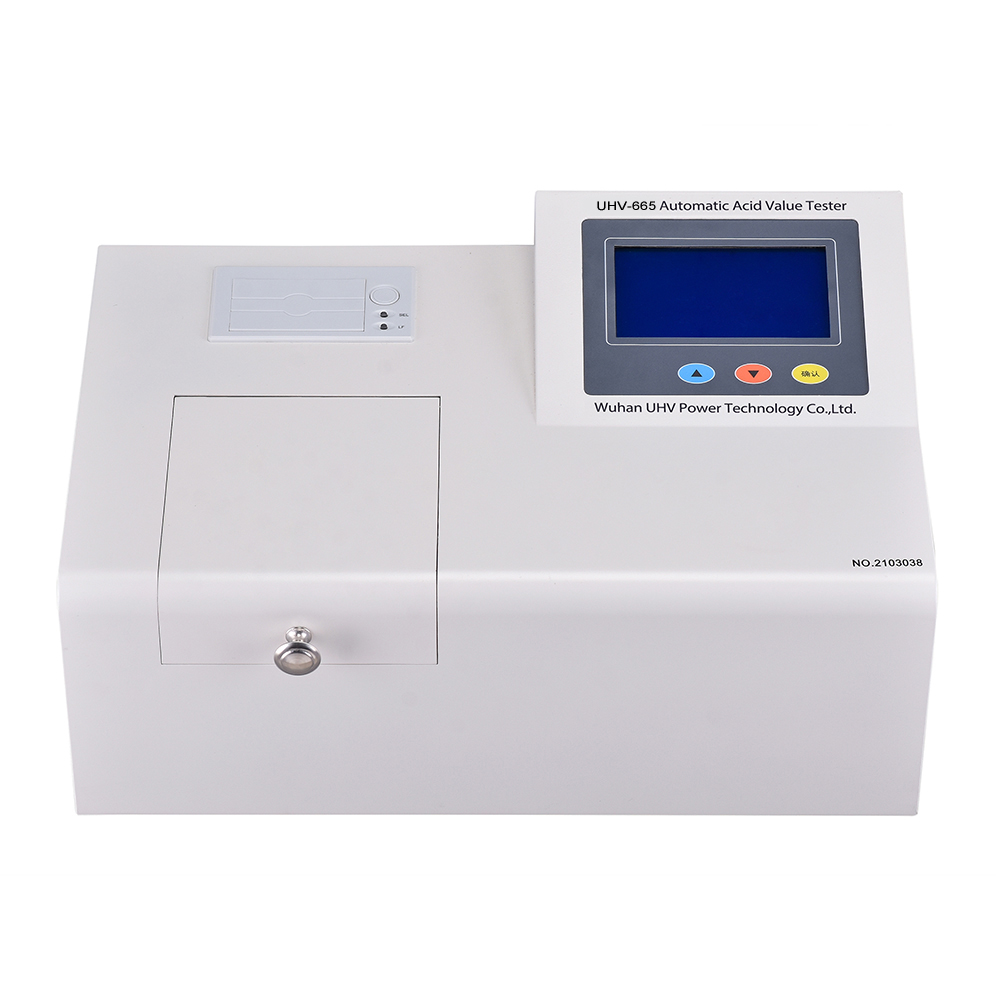
The function of petroleum acid value tester
2024-11-01The acid value tester under UHV power can help many power workers conduct various power tests more conveniently.The fully automatic acid value analyzer for petroleum products (environmentally friendly) is a specialized instrument designed for laboratories. It has the advantages of small size, light weight, high accuracy, easy operation, environmental protection, and is suitable for use in harsh outdoor environments. The instrument adopts high-performance microprocessors and HDD new technology, which can analyze several samples simultaneously, automatically rotate the sample cup, automatically titrate the sample, automatically determine the endpoint of the sample, automatically print the test results, and avoid contact between staff and chemical reagents. This instrument is suitable for various laboratories such as military, power, and petroleum.① Based on the acidity content, the content of acidic substances in petroleum products can be determined. Generally speaking, the higher the ac
MORE -
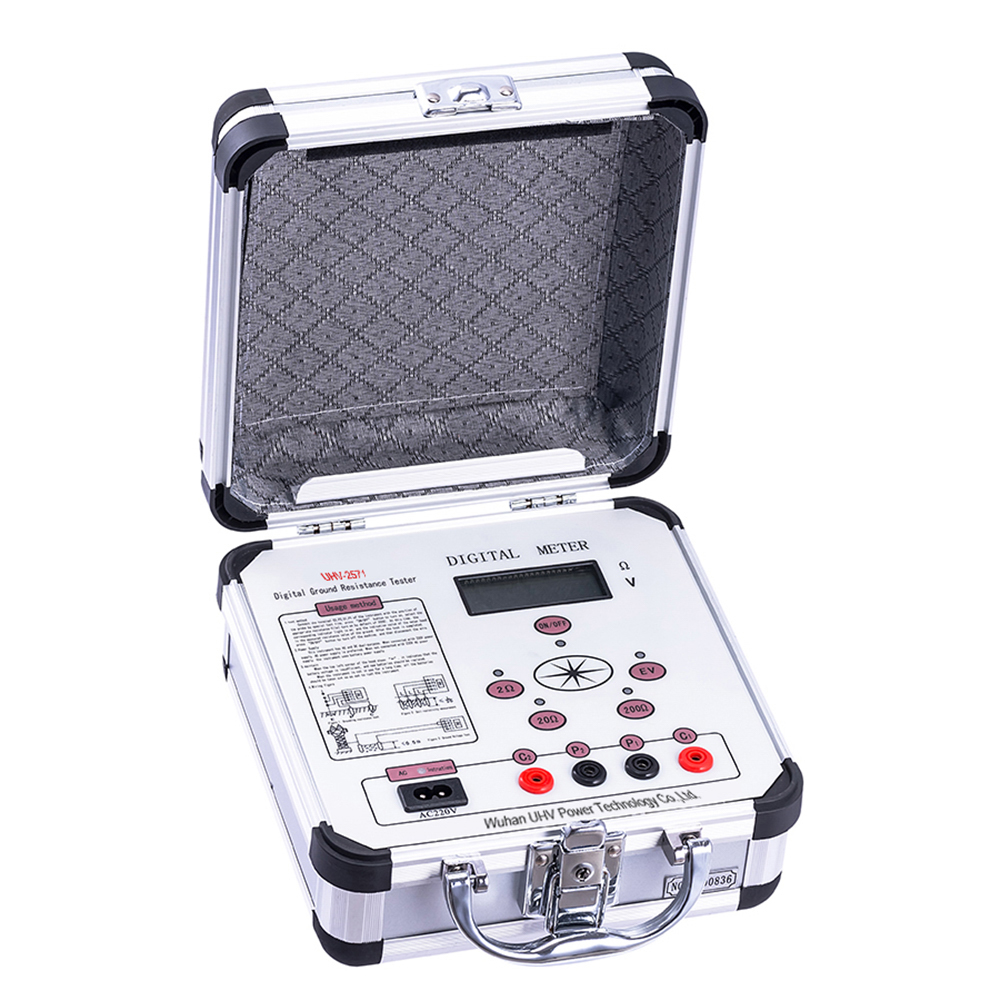
How to use a grounding resistance tester?
2024-10-31The grounding resistance tester under UHV power can help many power workers conduct various power tests more conveniently.1. Two line methodCondition: There must be a known grounding, such as PEN, and the measured result must be a known resistance. If it is known that it is much smaller than the measured resistance, the measurement result can be taken as the result of the tested grounding.Suitable for areas with dense buildings or cement.Wiring: Connect E+ES and H+S to a known ground.2. Three line methodCondition: There must be two grounding rods: one auxiliary ground and one detection electrode. The distance between each grounding electrode shall not be less than 20 meters. The principle is to add a current between the auxiliary and measurement, measure the voltage drop between the measured ground and the detection electrode, and the measurement result includes the resistance of the cable itself.Suitable for: ground grounding, construction site grounding, and lightning ball type light
MORE -
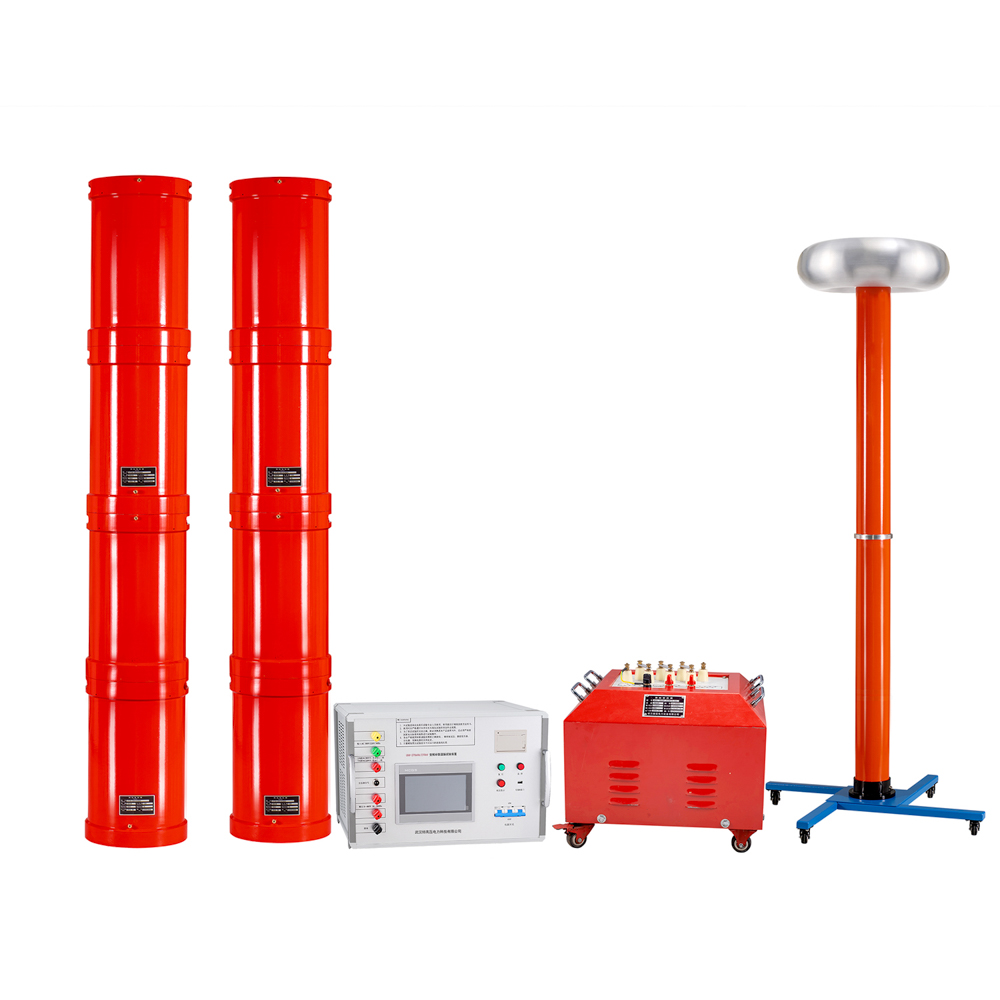
The total resistance of the series resonance test device
2024-10-31The series resonance under UHV power can help many power workers conduct various power tests more conveniently.The reason why the resistance is not equal to the power supply voltage during resonance is that the voltage on the resistance during resonance is the sum of the power supply voltage and the voltage of the charging and discharging capacitors. So, resistance voltage=power supply voltage+capacitor voltage, not equal to power supply voltage. When a series resonant circuit resonates, the total impedance of the series resonant circuit is equal to the resistance, and the total resistance of the series resonant circuit is equal to the total voltage and the voltage across the resistance. At this time, there is voltage on both the capacitor and inductor, and the voltage on the inductor is equal to the voltage on the capacitor, but the voltage direction is opposite. Be careful when operating, and do not mistakenly believe that there is no voltage on capacitors and inductors, which may ca
MORE -
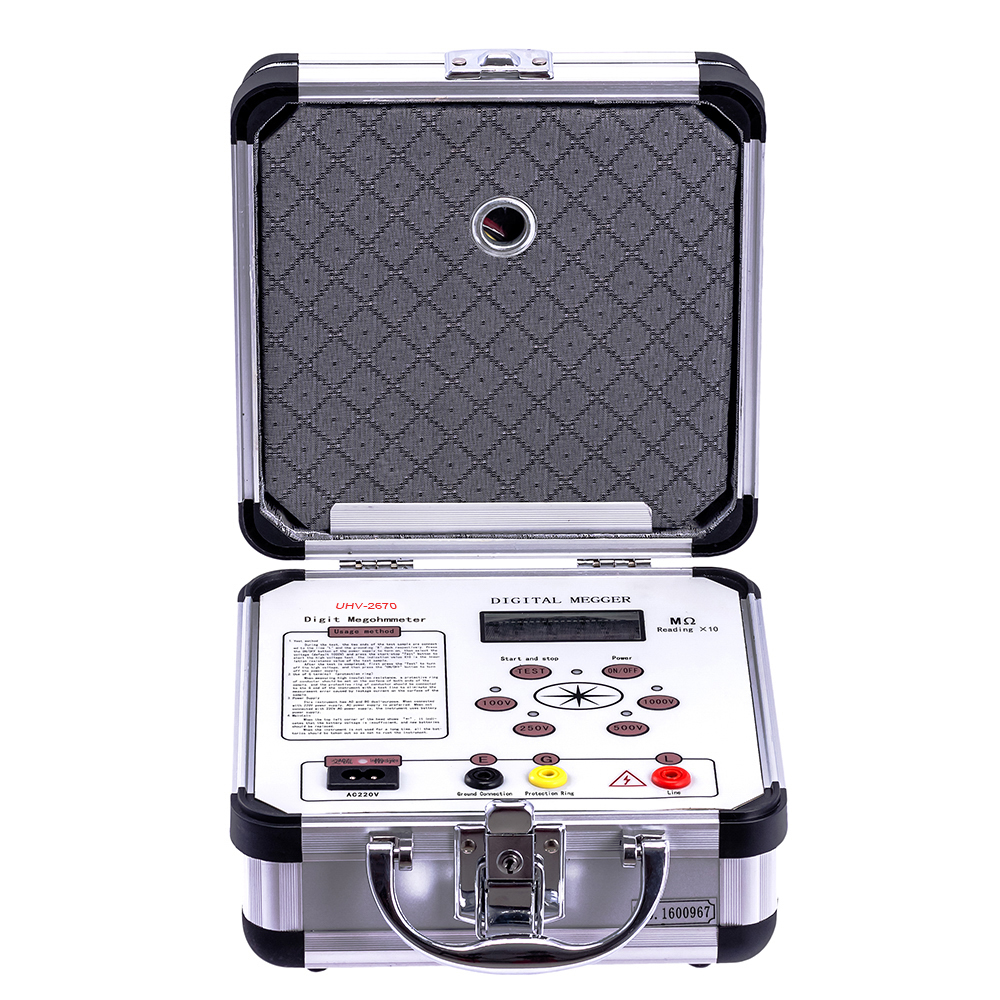
Is a megohmmeter harmful to the human body?
2024-10-30The megohmmeter under UHV power can help many power workers conduct various power tests more conveniently.Is a megohmmeter harmful to the human body?A megohmmeter, also known as an insulation resistance tester The main function of a megohmmeter is to measure resistors with higher resistance values. Generally used to measure insulation resistance, such as the insulation performance of electrical equipment such as motors, cables, materials, etc. A megohmmeter is an insulation resistance tester designed specifically for measuring high resistance. Measuring larger resistors requires a higher input voltage. The larger the measured resistance value, the higher the required voltage. According to U=IR, when the current is constant, the higher the measured insulation resistance, the higher the required voltage. A megohmmeter can generate DC negative high voltage through circuit boosting. Usually, a megohmmeter can output 250V, 500V, 1000V, 2500V, 5000V (5kV), 10000V (10kV), 15000V (10kV), 20000
MORE -
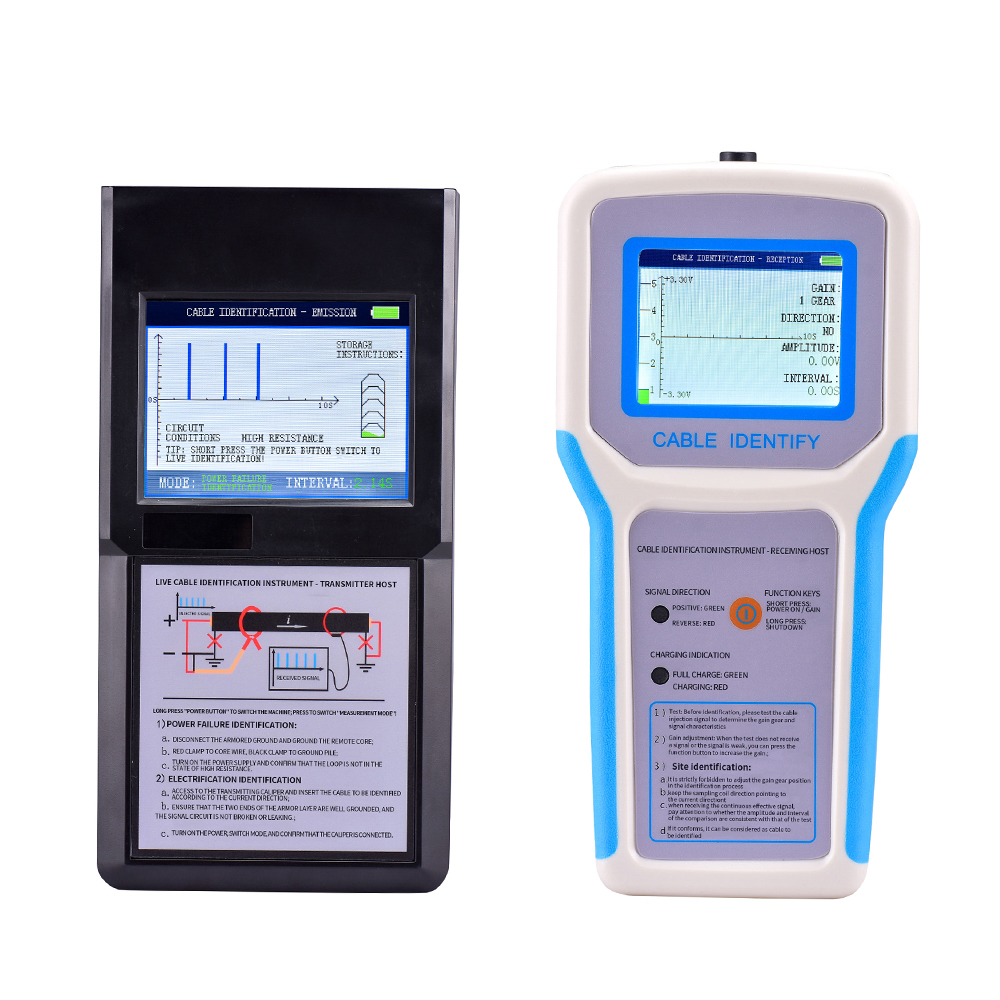
Three schemes for checking whether a cable is live using a live cable identification device
2024-10-29The live cable identification device under UHV power can help many power workers conduct various power tests more conveniently.Nowadays, the development of the power system has become increasingly complete, and the demand for cables in the market is also constantly increasing. Today, the editor will mainly talk about three solutions for using a live cable identification device to determine whether a cable is live, including the path finding and identification of live cables, as well as the path finding and identification of cables operating at 50Hz. If you are also interested in this area, continue reading.1、 Can the problem of identifying live cables be solved?The answer is affirmative. Routing and identification of live cables, as well as routing and identification of cables operating at 50Hz.These are the three solutions for determining whether a cable is live using a live cable identification device.Routing of live cables: By clamping the transmitter onto the cable with coupling cl
MORE









